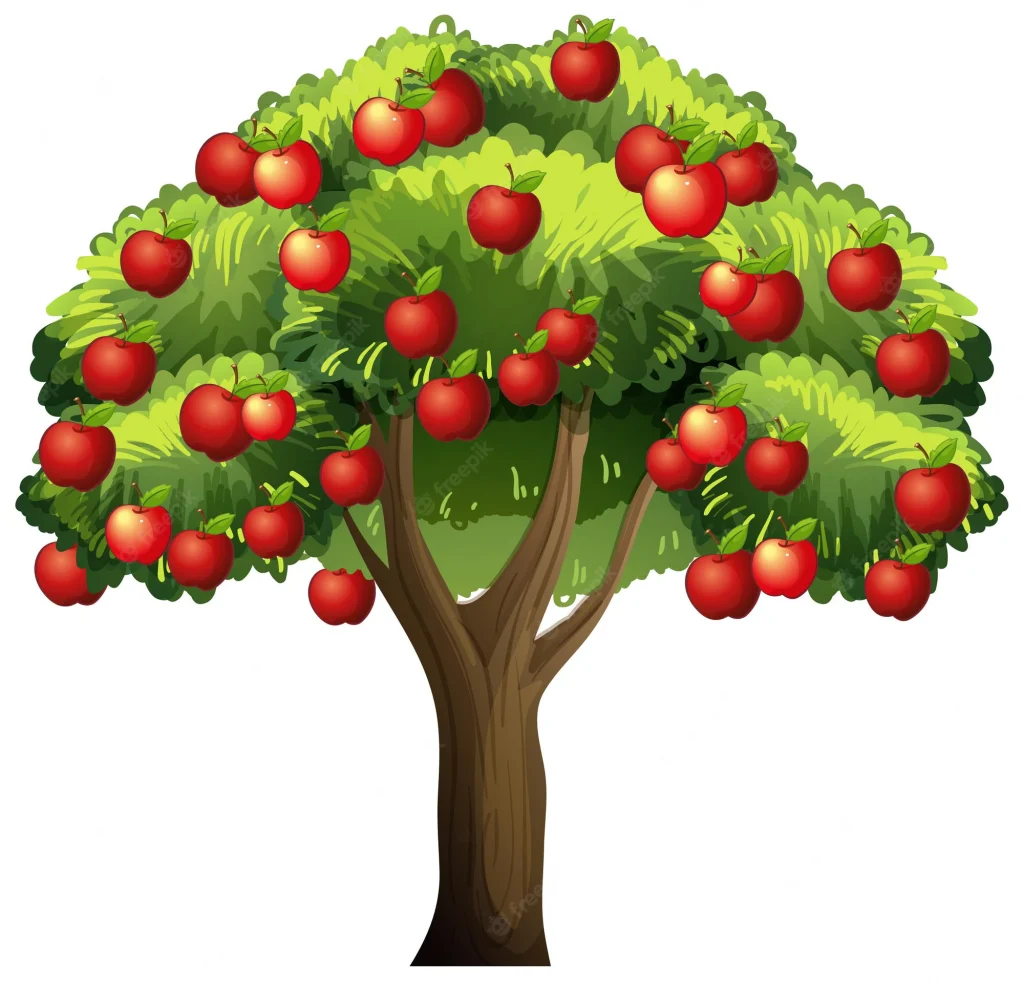It happened four years ago, at the end of a routine workday. Avinoam Laufer, 40, was headed homeward in Petach Tikvah. On the way, he felt acute pains in his head. He stopped his car and understood that he was experiencing a stroke. He managed to summon an ambulance and inform his wife before losing consciousness. The doctors explained to the frantic family that there was no choice but to do surgery to insert a drain, so as to stop the bleeding in his brain. Avinoam never woke up from the surgery. For 17 days he lay in a coma. When the doctors established that he was in a state of brain death, his family was called in to part with him.

“Avinoam lived a life for the Jewish people,” his wife describes. The connection with Ezer Mizion was formed yet in his lifetime, through a project he started with a group of friends, in which, every Shabbat, families would host people who were stuck in the Schneider and Beilinson Hospitals on Shabbat, providing them with sleeping accommodations and meals. In time, the project was named for him: “Eshel Avinoam.” Eishel refers to the tree near the home of Avrohom Avinu (the Jewish forefather) who planted the tree for the benefit of his many guests. The Hebrew word “eshel” – comprised of the letters aleph-shin-lamed — stands for achilah (food), shtiyah (drink), and linah (sleeping accommodations)which were provided both by the tree and in his tent. Using the same initials, the word also stands for Avinoam Shalom Laufer.
As in his lifetime, he always sought ways to contribute and help others, so in his death, Avinoam merited having a lifesaving memorial. His friends and family decided to join together as part of the “Ezer Mizion Lifesaving Communities” program — a project in which a community, family, or group of friends jointly fund the costly genetic testing of a pool of new Ezer Mizion Bone Marrow Registry members. These registrants are tagged and when one is found to be a match for a cancer patient and donates his stem cells to the patient whose sole chance of survival had been a transplant, the members of the Pool are contacted with the electrifying words: You have saved a life
At the commemorative event held 11 months after his passing, the family and friends assembled for a “Lifesaving Evening,” at which they announced the establishment of the bone marrow donor pool on Avinoam’s name. “It’s a large sum,” says his wife, “and if I would have been alone in this story, there’s a good chance I would have said ‘no.’ But together with the community and the family, we knew that it was definitely possible. Within a short time, we raised the sum and the donor pool was established. One transplant has already taken place thanks to this donor pool, and we hope to see more soon. It is a privilege to save life and it is such an appropriate memorial for Avinoam, who always thought about others.
